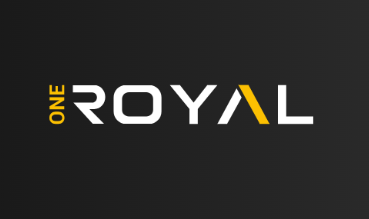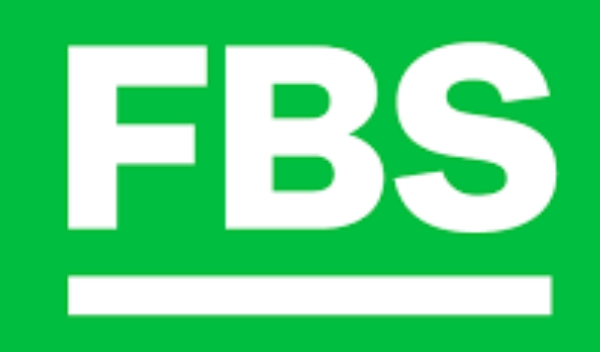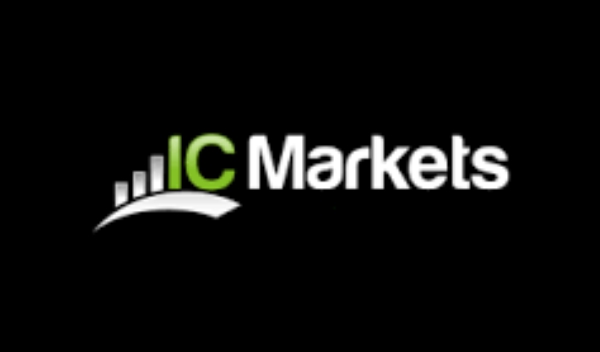What is Over-The-Counter (OTC) Trading? A trade that is not made on a formal exchange is referred to as over-the-counter trading, or OTC trading.
Most OTC trades, on the other hand, will be between two parties and will be processed through a dealer network.
OTC trading is less regulated than exchange-based trading, which offers a variety of benefits as well as some risks to be aware of.
You’ll normally notice two prices posted when trading OTC with a trading provider: a single purchase price and a single sell price.
This is in contrast to on-exchange trading, where you’ll see numerous buy and sell prices from a variety of sources.
The Forex Market
The FX market is the most popular OTC market.
Transactions are done outside of a centralized exchange in over-the-counter markets, where forex trading takes place.
This is what permits forex dealers to trade around the clock because they are not bound by the market hours of a formal exchange like the New York Stock Exchange.
Traders can instead buy and sell currencies through a network that connects banks, dealers, and brokers directly.
Stocks
Over the counter trading is a method of trading stocks, bonds, and other securities that aren’t traded on an official exchange.
Dealers, also known as market makers, buy and sell securities from their own inventories in over-the-counter markets.
As a result, if an investor wished to buy or sell a particular security, he would call the security’s dealer and request an acceptable bid or ask price.
The OTC Bulletin Board (OTCBB) is a prominent electronic inter-dealer quotation system in the United States for trading over-the-counter securities.
The Financial Industry Regulatory Authority regulates the OTCBB and other inter-dealer quotation networks including Pink Quote (FINRA).
Investing in stocks OTC trading can be dangerous because corporations do not have to provide as much information as those registered on a stock exchange.

























